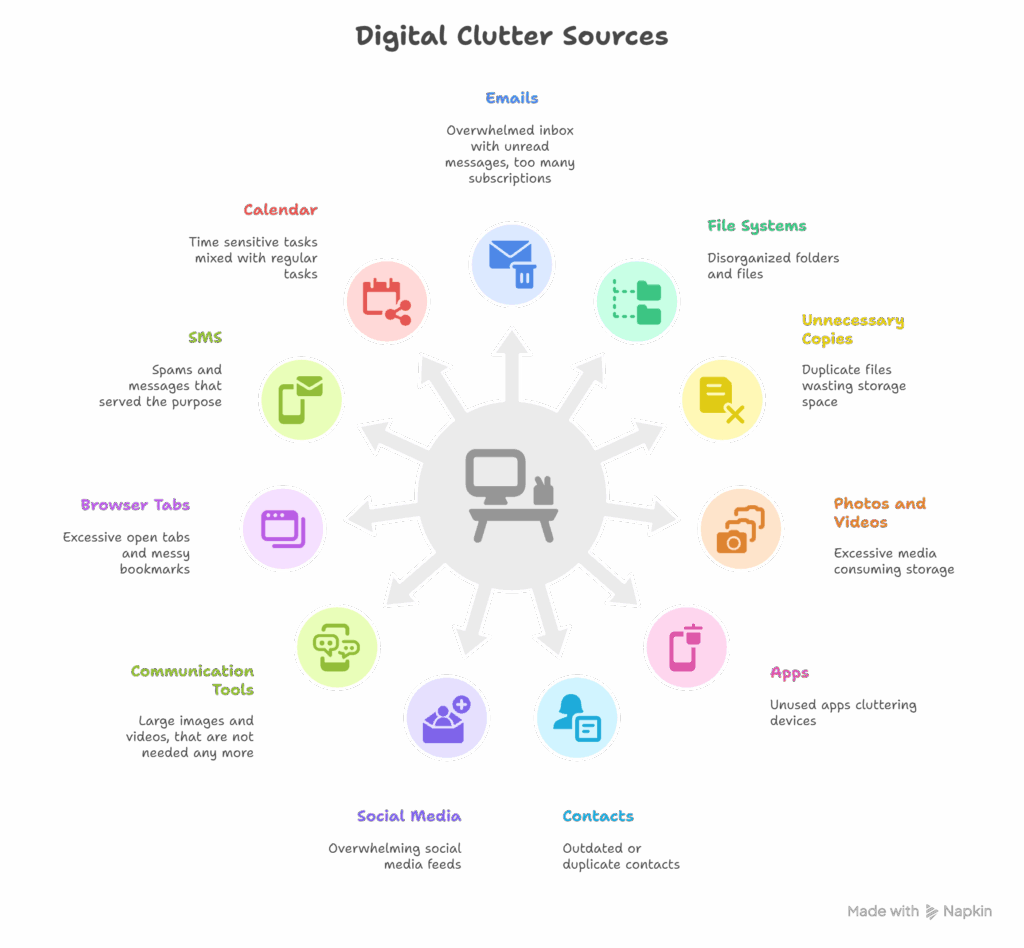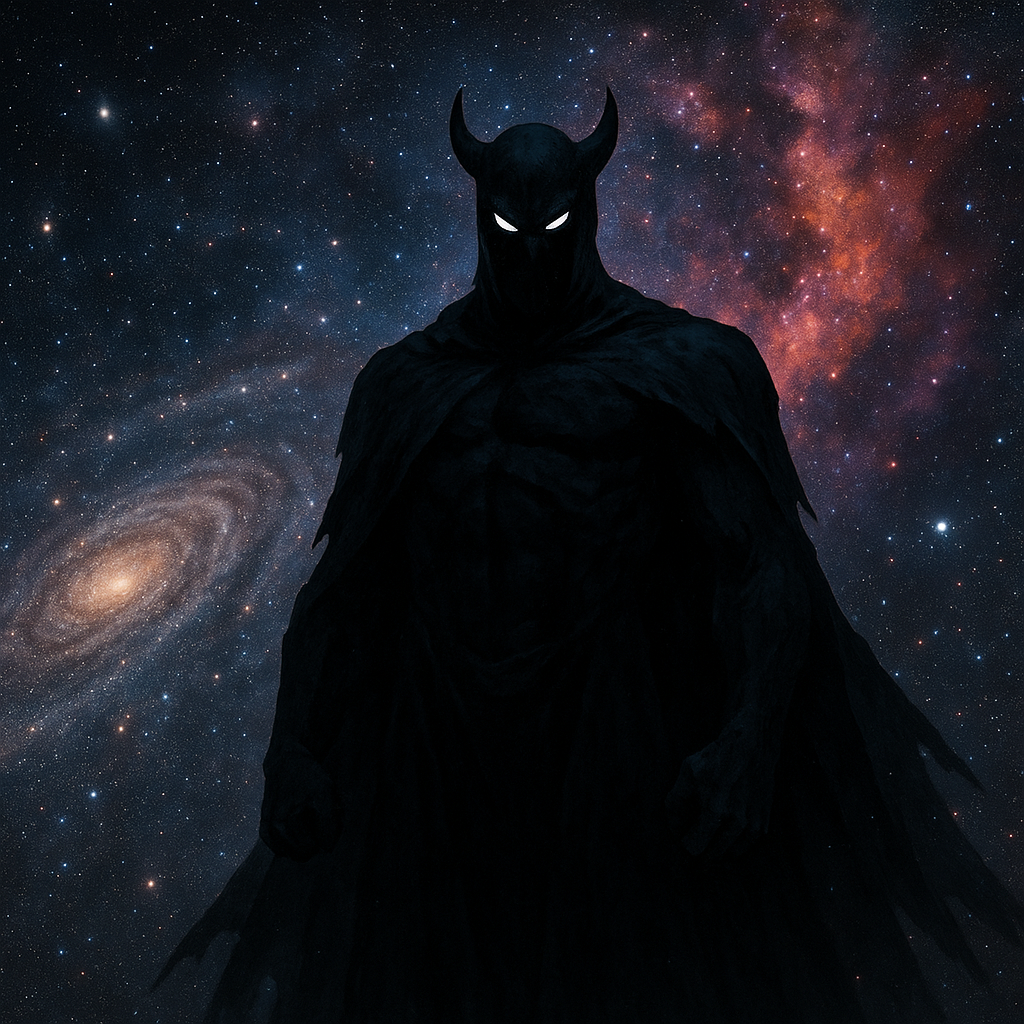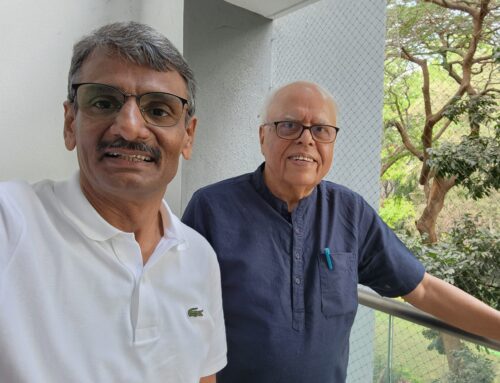Every great story needs a hero and a villain. In Greek mythology, Hercules fought the Hydra. In the tale of David and Goliath, the shepherd boy faced the giant. In the Indian epic Ramayana, Ram battled Ravan. And in the beloved film Sholay—which recently completed 50 years, yet remains iconic—Jai and Veeru stood against Gabbar Singh.
In our own lives, people often miss the most dramatic truth: each of us is the hero of our own epic. No boss, no superior, not even a god takes that role—it belongs to us. We chase goals, uphold values, and strive toward milestones. Along the way, we battle many antagonists—deadlines, distractions, and doubt. Yet there’s one villain we all share, no matter who we are or where we live. It doesn’t roar like Gabbar Singh. It doesn’t wield ten heads like Ravan. It creeps in quietly, everywhere. That villain is ENTROPY.
In physics, entropy is the natural tendency of systems to move from order to disorder. Left unchecked, your clean desk gathers dust, your files scatter, and your inbox overflows.
Think of an ice cube: stop feeding energy to keep it frozen, and it melts. The lesson is simple—only effort and energy can hold disorder at bay. As Stephen Hawking explained:
The increase of disorder or entropy is what distinguishes the past from the future, giving a direction to time.
Entropy isn’t something you invite. It sneaks in, and only deliberate action keeps it from pulling everything toward chaos.
Let’s see how Entropy Shows Up in Daily Life
- A freshly cleaned kitchen turns messy in days.
- Your phone storage, once spacious, mysteriously fills up.
- Social media feeds grow noisy, no matter how carefully you curate them.
Entropy is the invisible hand that nudges life toward clutter. Unlike Gabbar Singh, it doesn’t announce itself—it whispers. And slowly, disorder begins to feel like the default.
We can’t eliminate entropy—it’s woven into the fabric of the universe. But we can resist it. The trick is not to wait until disorder grows colossal, demanding back-breaking clean-ups. Instead, we build systems where the smart bare minimum effort keeps things organized. A few seconds spent filing a document today can save hours of hunting tomorrow. A simple habit of clearing your inbox daily prevents the crushing overload that otherwise builds up and buries important information somewhere deep down, away from our eyesight.
Every act of cleaning, sorting, or organizing is a rebellion. It’s our way of declaring: “I choose order over disorder.”
Being organized is more than a tidy desk. It’s about clarity, calm, and conserving energy. It’s about designing systems that keep entropy in check with the least friction possible—so your life runs smoothly without requiring heroic effort each time.
Let’s pause and think, why Be Organized? Because order gives us superpowers:
- Save Time – Less searching, more doing.
- Reduce Stress – Order brings calm.
- Boost Productivity – With a fully functional work environment, energy isn’t wasted on chaos.
- Conserve Resources – Fewer duplicates, cleaner storage, less waste.
Organization is how we push back against entropy. With the right systems, the key is consistent effort—small and steady—that turns staying organized into a manageable trickle, preventing the tidal wave of disorder that otherwise makes things non-functional and demands colossal clean-ups.
Entropy may be a universal law, but it doesn’t get the final word. Every small act of organization—decluttering a drawer, taming your inbox, structuring your files—is a heroic act.
So the next time you tidy up, remember: you’re not just cleaning. You’re designing a system where minimal effort holds back maximum chaos. Think of some key common spaces that can be organized:

You’re proving that order, clarity, and progress are worth the investment.






